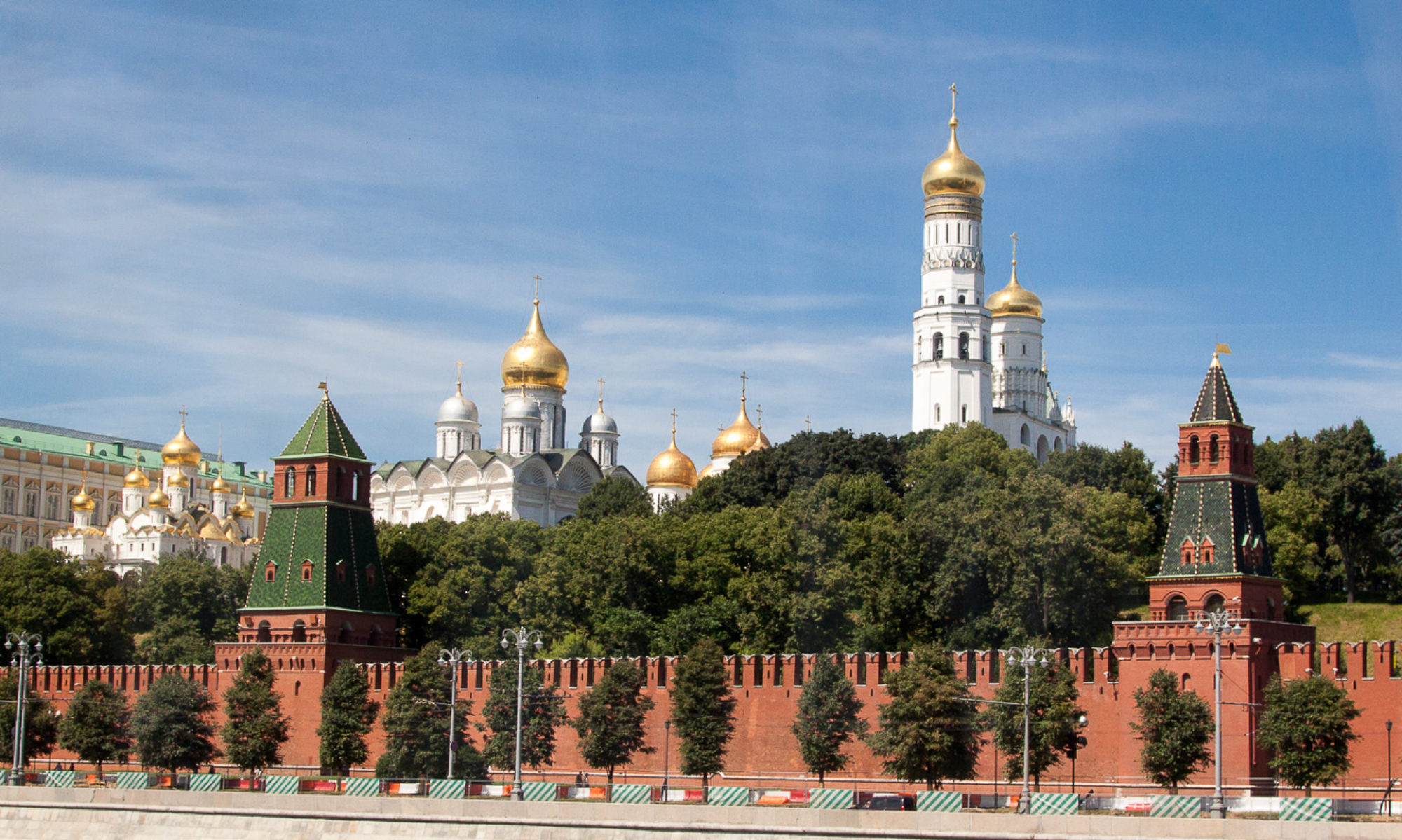A Man’s True Worth
 Natalya Slavina on gender roles, issues, and stereotypes in Russian country living vs. city life.
Natalya Slavina on gender roles, issues, and stereotypes in Russian country living vs. city life.
What’s a better environment for a man to live in: rural or urban? I asked this question to several fellows who spent a good part of their lives in a city and then moved into a rural area and took their wives and children with them.
Here is what they told me. Continue reading “A Man’s True Worth”
Russian Far East: True Land of Opportunity
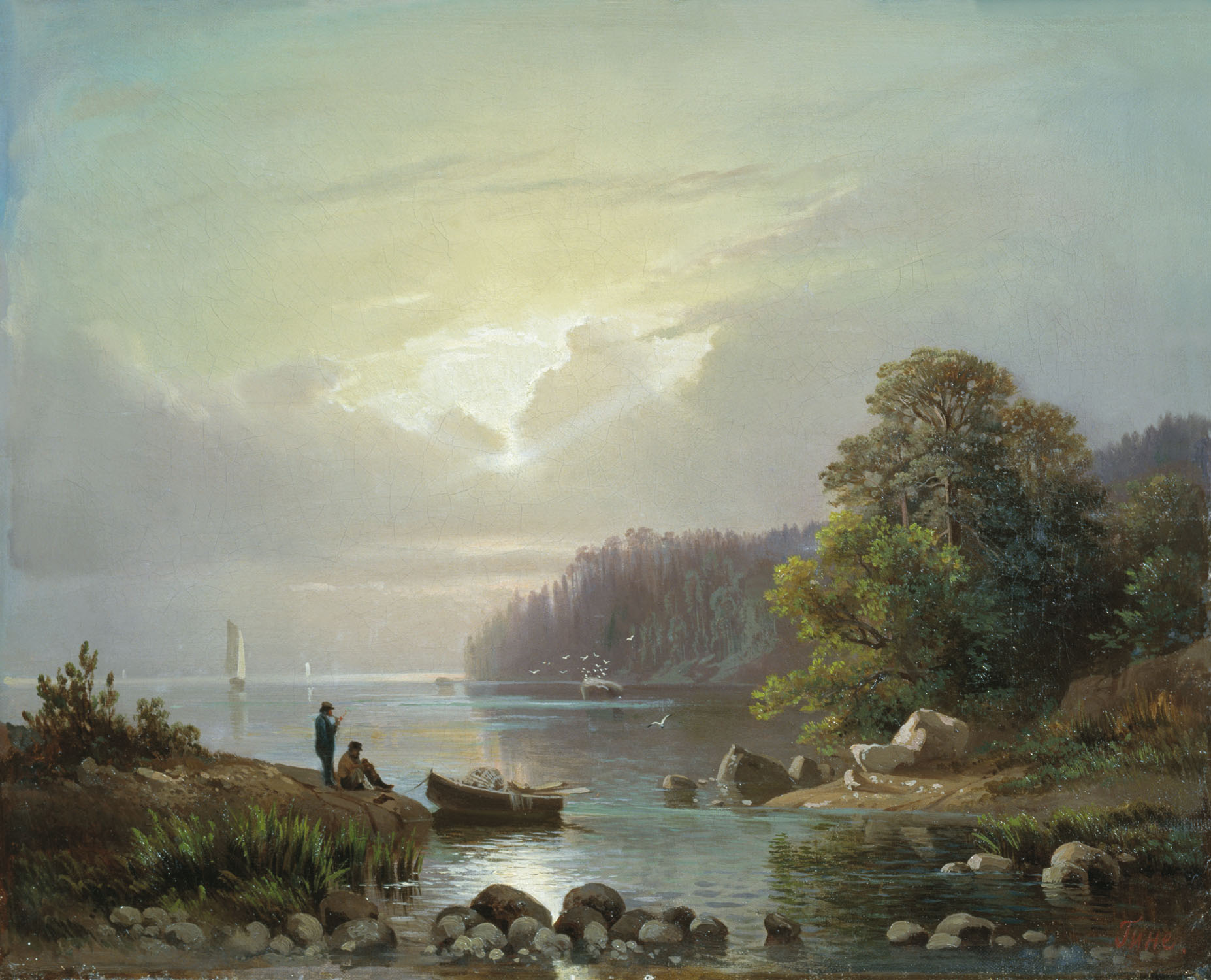
One hectare of land – free and clear – for any citizen of the Russian Federation
[One hectare = 2.5 acres. RV]
Alexander Galushka, Head of The Russian Far East Development Ministry, describes the Russian government’s new initiative as “hitting the bull’s eye.” The program now has almost 44,000 submitted applications. Phase Three started on February 1, 2017, and opened up the program to the general public [whereas the first two phases made the land available to the citizens of Far East only. RV]. Galushka named the three regions in most demand today: Primorie, Khabarovsk region, and Republic of Sakha (Yakutia).
Most of the applications are coming from Moscow and Moscow region, Primorie, and Khabarovsk region. Continue reading “Russian Far East: True Land of Opportunity”
New Trend in Russia: People Get Rid of Credit Cards

People are trying really hard to pay off their credit cards and stay away from them.
According to Frank Research Group, in December alone Russians cut their credit card debts by 35 billion rubles [just under 6 billion dollars. RV]; for the grand total of over a trillion rubles [170 billion dollars. RV] in 2016.
Borrowers are bashful these days. Or are they financially savvy? Continue reading “New Trend in Russia: People Get Rid of Credit Cards”
USSR: Stalin’s Economy, a Personal Story. Part 4 of 4

(continued from part 3)
Life in the USSR: Stalin and beyond
As to rural areas, I can offer some personal experience in addition to the government statistics.
In the summers of 1951, 1956, and 1962, I vacationed on the beaches of the Black Sea (Northern Caucasus). My parents took me there in 1951, and I went on my own the other two times. Our trains stopped for a long time at multiple railway stations along the way. In the 1950s many locals brought food to sell to the passengers. There were boiled, fried, and smoked chickens; boiled eggs, home-made sausages, hot pastries with a multitude of fillings like fish, meat, liver, and mushrooms, and so forth. In 1962 their only offers were hot potatoes and pickles. Continue reading “USSR: Stalin’s Economy, a Personal Story. Part 4 of 4”
USSR: Stalin’s Economy, a Personal Story. Part 3 of 4
(continued from part 2)
The standard of living of the Soviet people in the 50’s can be evaluated using meticulously documented federal studies that were conducted by the Central Statistics Administration of the USSR. Research took place between the years of 1935 to 1958, its results were deemed classified at the time, and are now accessible by the general public on istmat.info.
Information was compiled on the following nine groups: collective-farm workers, workers of government agricultural holdings, industry workers, engineers and technology specialists, industry clerks, elementary school teachers, secondary and high school teachers, doctors, and nurses.
Unfortunately, the most wealthy population segment represented by workers of the defense industry, construction planning and design institutions, institutes of science and research, university professors, private enterprises and cooperatives, and the military was not included in the study.
Doctors were in the highest income category with 800 rubles per family member per month. The least payed among city dwellers were industry clerks with 525 rubles per each family member per month. People in rural areas had 350 rubles per family member each month. Continue reading “USSR: Stalin’s Economy, a Personal Story. Part 3 of 4”
USSR: Stalin’s Economy, a Personal Story. Part 2 of 4

(continued from part 1)
Life of the people in the Soviet Union began to improve right after the war ended. Wages of factory workers and technology engineers at the building sites and enterprises in Ural, Siberia, and the Russian Far East increased by 20% in 1946.
Yay! Life is great in our Soviet country!
[Line from a popular song of Soviet days. Here it is performed by the USSR’s premier Children’s Choir:
https://www.youtube.com/watch?v=0Y46_1LIkUc [RV] Continue reading “USSR: Stalin’s Economy, a Personal Story. Part 2 of 4”
More on: Soviet Union through The Eyes of Ordinary People

What an accurate word was found to describe the life in the Soviet Union: a standstill. Precisely! Absolute standstill indeed!
You are 10 years old. Your mom gives you one ruble and sends you to the store: Continue reading “More on: Soviet Union through The Eyes of Ordinary People”
The Fruit of Western Liberalism: Do We Want It in Russia? Part 2 of 2
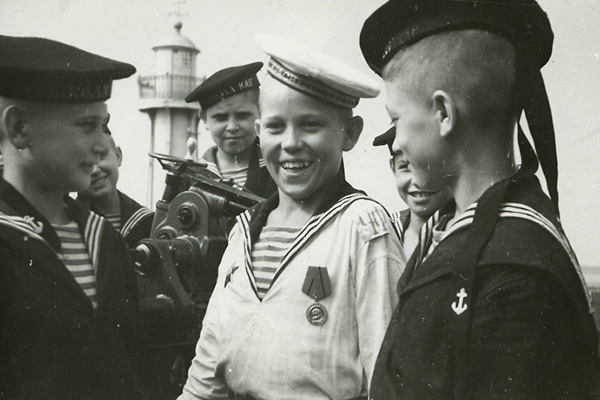
(continued from part 1)
Russian children have always known how to stand up to the bad guys!
Cover for international child trade
The enormous scale of international child trade requires complex multilayer criminal cover at various levels of authority, from police officers and social workers to special forces and political lobbies. Journalists Dirk Banze and Mickael Berendt of the German newspaper Die Welt report on a criminal net supplying young children to the pedophilic dens of Belgium and the Netherlands. The article informs on issues beyond child prostitution, as it tells of famous businessmen and prominent government policymakers of various European countries who sexually abuse, torment, and even murder children. Continue reading “The Fruit of Western Liberalism: Do We Want It in Russia? Part 2 of 2”
The Fruit of Western Liberalism: Do We Want It in Russia? Part 1 of 2
By Maxim Zhilenkov, Vitaliy Kanunnikov, Vladimir Chernyshev
After a thorough analysis of evidence, German scientists came to the conclusion that every fifth child deposited in a “baby-box” vanishes without a trace. Such conditions inevitably breed criminal activity centered around children. Continue reading “The Fruit of Western Liberalism: Do We Want It in Russia? Part 1 of 2”
USSR: Stalin’s Economy, a Personal Story. Part 1 of 4
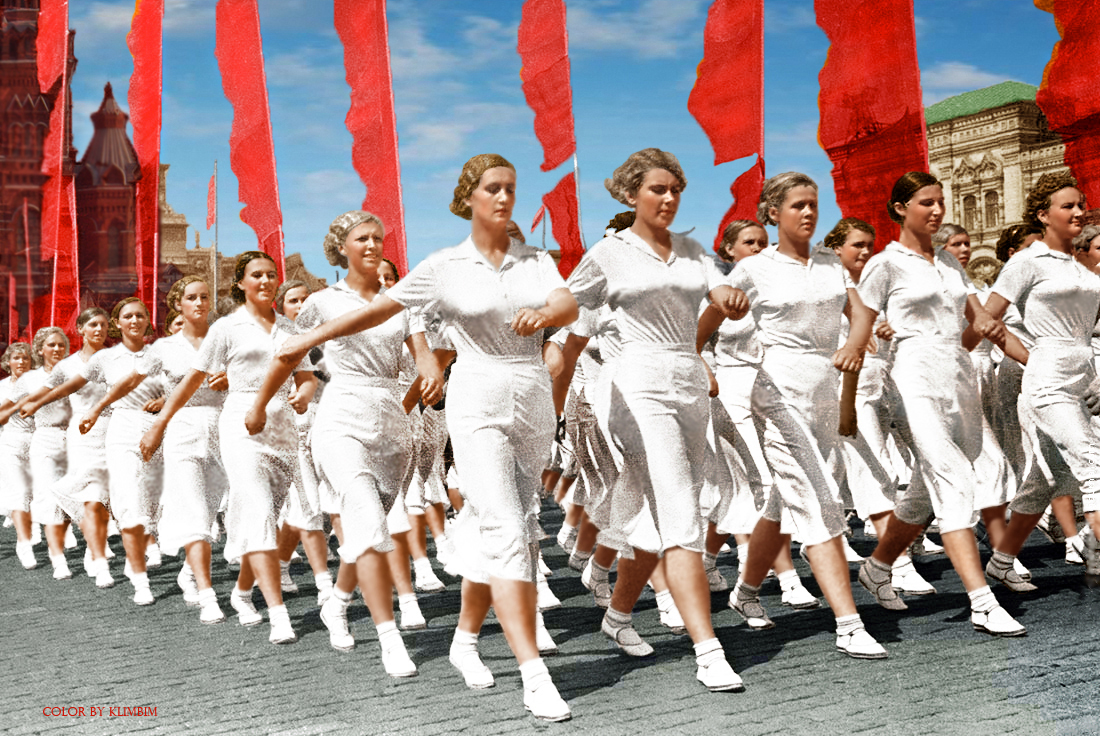
By Prof. Valeriy Antonovich Torgashev
Foreword by Nikolay Starikov, who published prof. Torgashev’s letter on his blog:
I receive about a 100 letters every day. You, my dear reader, criticize or thank me, send me your reviews and articles. Some of them require further study, others deserve immediate publication.
Today I offer you something that is certainly worthy of your attention. The topic discussed is very important. Professor Valeriy Antonovich Torgashev tells us about the USSR of his childhood. Continue reading “USSR: Stalin’s Economy, a Personal Story. Part 1 of 4”
Soviet kids riddle checks attentiveness and logic

Magazines for children were numerous in the USSR. They published a lot of entertaining and challenging riddles and fun problems. Many times children and adults racked their brains over them together. Here is one of them.
Take a close look at the picture and answer the following 9 questions: Continue reading “Soviet kids riddle checks attentiveness and logic”
Sir Roderick Murchison about The Russian Empire
By jurialhaz (Юрий Алхаз)

The Greatest Foe of Russian People Is Their Own Naive Kindness
Sir Roderick Impey Murchison, a prominent British geologist, traveled extensively throughout Russia. He addressed a large meeting at Hyde Park, London, against Great Britain entering The Crimean (Eastern) War with the following: Continue reading “Sir Roderick Murchison about The Russian Empire”
School Success and Family Values: Amazing Science
By Elena Mihailova

A group of sociologists from St. Petersburg looked into how students’ performance at school is influenced by their family and social life. Continue reading “School Success and Family Values: Amazing Science”
Soviet Union through The Eyes of Common People

To common folk living in the Soviet Union times, the country is not remembered in terms of “$1=76 kopecks,” “the strongest military,” or “the all-mighty KGB.” I mean, we all knew we were well protected and could always count on our country’s military and its KGB, by we didn’t really see its might. A common person didn’t have a slightest idea of what a dollar looked like. We weren’t thinking about Soviet Union’s GDP, its grand industry, or its economic growth. We were thinking in different terms and looked at other things: Continue reading “Soviet Union through The Eyes of Common People”
Failed “baby-box” experiment in Germany: every fifth child vanishes
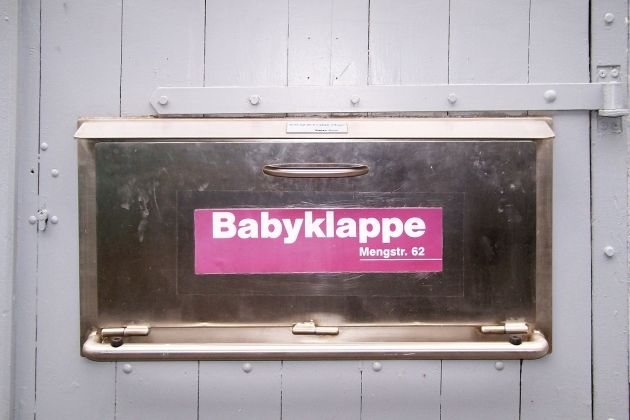
Conditions of Criminal Activity: ‘No questions, no witnesses, no police’
Failed “baby-box” experiment in Germany: every fifth child left in “baby-box” vanished without a trace
By Maxim Zhilenkov and Vitaliy Kanunnikov. REGNUM
Watching the discussions about “baby-boxes,” one cannot help but wondering about the reason of such intense “baby-box” promotion that is happening right now in Russia. “Baby-boxes” are an alien idea to Russian mentality and were already proved unsuccessful abroad. Do we really want Russia to duplicate the wretched experience of other countries, where a good 1/5 of all children left in “baby-boxes” vanish without a trace? Such sad statistics are reported from research conducted in Germany, Continue reading “Failed “baby-box” experiment in Germany: every fifth child vanishes”
G20 Summit Results: Bargaining Is not Over
G20 Summit Results: Bargaining Is not Over
By Nikolay Starikov

The meeting of the world’s leading countries came to an end. Just as I thought, the strike on Syria was not commenced before G20; during the meeting the attack would have been absolutely inappropriate.
The Syria problem became an integral part of global bargaining. I wrote about the negotiations in the article Obama Is Getting Ready to Bargain with Putin.
Time to draw conclusions and assess what happened.
But first, some facts.
Continue reading “G20 Summit Results: Bargaining Is not Over”
Russia is a Police Country, and All Russian Men Are Hunks
By Dmitriy Mihailin
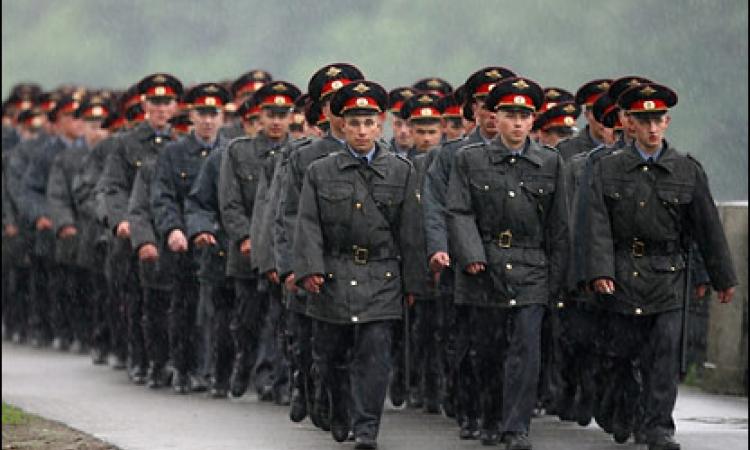
“There are lots of cops in Russia,” my buddy from England remarked as he was entering my apartment. “I have not noticed this before, but today on the way to your place it struck me – just about every third guy is in uniform. Russia is rapidly turning into a Police country.”
Continue reading “Russia is a Police Country, and All Russian Men Are Hunks”
“Russian Hackers” as a Means of Putting Pressure on Trump
By Nikolay Starikov.

Donald Trump’s victory in the presidential elections in the United States is not a victory of one presidential candidate over another. It’s not even a victory of one offer to the citizens of the U.S. over the alternative offer of another party. It is a result of a fight within the American elite, as well as the world elite. The winner is one of the two sides, representing one of the ways of world affairs that is offered to humanity. Presidents of the United States are not elected – presidents of the United States are appointed.
Continue reading ““Russian Hackers” as a Means of Putting Pressure on Trump”
Why I Moved to Russia. Story 1 of 7
By Oleg Vereshyagin
Hans, 11 years old, German: I don’t want to be “the German!”

If anyone remembers, there was a TV program in soviet times called They Chose USSR. It was about people from capitalist countries who for whatever reason moved to “the correct” side of the Iron Curtain. The program was most certainly buried with the beginning of perestroika [perestroika means restructure, rebuild in Russian – RV], for it became fashionable to talk about the Kramorovs and Nurievs, who went West in hopes of high praises of their enormous talents and were happily creative there. This was hard to grasp for the rest of us, miserable soviet red necks. Actually, the flow of people was mutual; more than that – after a while the “from there to here” flow was GREATER. This thought will seem strange and unusual for our counterparts, poisoned with Ogoneks [liberal, anti-patriotic periodicals – RV] and such, even those more patriotic.
Why I Moved to Russia. Story 2 of 7
(continued from part 1)
By Oleg Vereshyagin
Max, 13 years old: A burglary of the neighbors’ cellar.
(not the first burglary on his list, but the first one in Russia)

The police officer who came to see us was very polite. It is a generally common feature with Russians: they treat foreigners from Europe in a shy-polite-alert sort of way, and it takes a long time for them to acknowledge someone as “one of their own.” What he had to say frightened us. It turns out, Max committed a CRIMINAL OFFENCE – BURGLARY! And we were lucky he hadn’t turned fourteen yet, otherwise there would be a case with real prison time of up to five years! It meant he was spared the full consequences by the three days that remained until his fourteenth birthday! We couldn’t believe our ears. It turns out, one can indeed be imprisoned at the age of fourteen in Russia! We were sorry we came here.
Why I Moved to Russia. Stories 3 & 4 of 7
(continue from part 2)
By Oleg Vereshyagin
Mikko, 10 years old, Finland: The snitch.
Zorko, 13 years old, Serbia: About Russian Carelessness.

Mikko got beat up by four of his classmates. As far as we could tell – it really wasn’t too serious: he was knocked off his feet and hit a few times with backpacks. [Textbooks used in Russia are about 1/4 the size the ones we are used to see in the U.S.; consequently Russian children’s backpacks are not so bulky and weigh much less – RV] There was a reason for that. Mikko bumped into a couple of boys smoking in the orchard behind the school building; was offered a smoke, too, but refused it and immediately told his teacher about it. The teacher punished the little offenders by taking away their cigarettes and making them wash the floor of their classroom (that latter fact alone astonished us in this whole story) She never directly mentioned Mikko’s name, but it was really not that hard to figure out who ratted the boys out.
Continue reading “Why I Moved to Russia. Stories 3 & 4 of 7”
Why I Moved to Russia. Stories 5, 6, & 7 of 7
(continued from part 3 & 4)
By Oleg Vereshyagin
Anne, 16; Bill, 12, Americans: What is work?
Twins Charley and Sharleen, 9 years old, Americans: Particulars of life in Russian rural area.
Adolf Bravik, 35 years old, Switzerland. Father of three children.

Offers of babysitting services perplexed people or caused laughter. Anne was upset and rather surprised when I explained to her that Russians don’t seek babysitting services for children ages seven and up. Kids usually play, go outside, and do anything and everything – including school and after-school activities – on their own. Children younger than that usually stay home with their grandmothers or mothers; nannies are hired by wealthy families for babies and toddlers. High school girls are not invited for such jobs, only experienced women who make their living doing it.
Continue reading “Why I Moved to Russia. Stories 5, 6, & 7 of 7”
The Overton Window Theory: Technology of Destruction

We are led to believe that all of progressive humanity quite naturally accepts gays and sexual minorities at large: accepts their subculture, their right to marriage, their right to adopt children, and the right to popularize their sexual orientation in schools and preschools. We are told it is a natural way of life.
We are being lied to.
Continue reading “The Overton Window Theory: Technology of Destruction”
